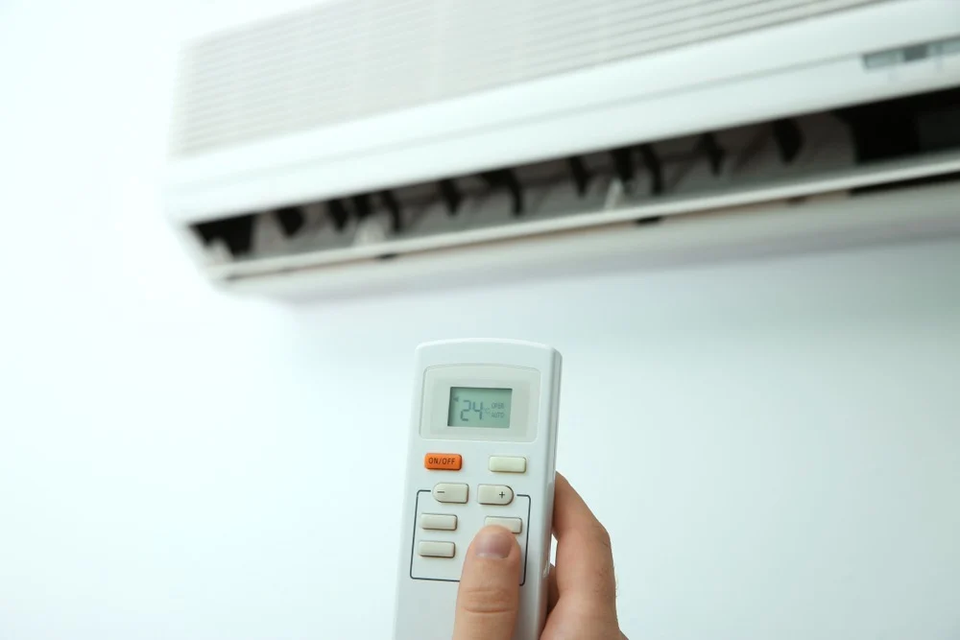Many users think that they should turn off the air conditioner every time they leave the room to save electricity, but this action can be counterproductive.
 |
Users should keep the air conditioner on continuously if they do not have to leave the room for too long. Photo: Shutterstock . |
Many users still believe that when leaving the room for a short time of less than 1 hour, they should turn off the air conditioner and turn it back on to save electricity. There are also users who proactively turn off the air conditioner when it is cool enough, only turning it on when the temperature increases and the room gets hot.
However, if you are going out for a short time, leaving the air conditioner on can save more electricity than turning it off and on again.
Each time it starts up, the entire system including the compressor and the fan motor of the air conditioner must start working again from the beginning, so the power consumption will be much greater than in normal operation. According to Mr. Le Danh, a consultant at an electronics supermarket system, during the start-up process, the air conditioner consumes 3 times more power than in normal operation to quickly reach the temperature set by the user.
Meanwhile, to maintain room temperature, the system operates at a lower capacity, depending on the difference with the outside air temperature as well as the heat loss level of the room.
Turning the air conditioner on and off repeatedly also has a negative impact on the quality of the product, disrupting the normal operation of the machine, reducing the durability of the product and shortening its lifespan.
Not only does this habit waste electricity, it also affects the health of people sitting in the room, especially sensitive people such as pregnant women, children, and the elderly. Because turning the air conditioner on and off continuously will cause the temperature around the body to change continuously.
Even maintaining the body's condition in an environment with constantly changing temperatures can cause dizziness, headaches, fatigue, or respiratory diseases and heat stroke.
According to TCL, users should keep the room temperature stable and the difference from the outside temperature is about 7 - 8 degrees Celsius. The room temperature setting should not be too low, a reasonable temperature of about 26 - 28 degrees Celsius will be most suitable for Vietnam's climate.
For places that need to use air conditioning for more than 8 hours/day, users can consider spending more money to buy an inverter air conditioner to save electricity. With an inverter air conditioner, the ability to adjust the compressor motor according to actual needs helps the product consume less energy, saving and reducing electricity costs for the family.
In addition, when the room has been cooled and stabilized, users can set power saving modes on the air conditioner such as: Sleep, Fan Speed, ECO depending on the air conditioner line. These modes also help reduce the operating capacity of the air conditioner, while still maintaining the desired temperature.
According to Zing
Source

























![[Photo] Overcoming the heat, practicing to prepare for the parade](https://vphoto.vietnam.vn/thumb/1200x675/vietnam/resource/IMAGE/2025/6/21/b93392e8da8243b8a32040d19590e048)


























![[Maritime News] Wan Hai Lines invests $150 million to buy 48,000 containers](https://vphoto.vietnam.vn/thumb/402x226/vietnam/resource/IMAGE/2025/6/20/c945a62aff624b4bb5c25e67e9bcc1cb)











































Comment (0)